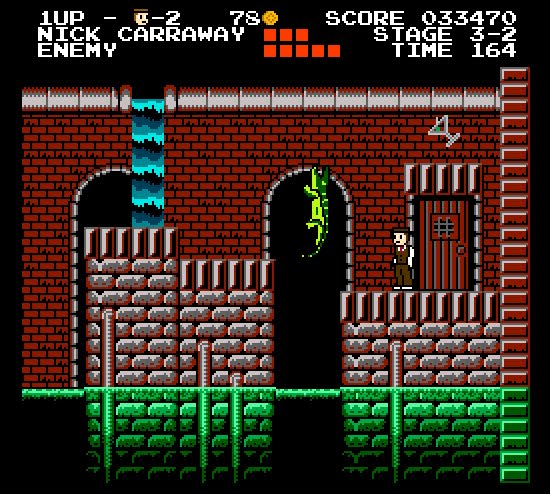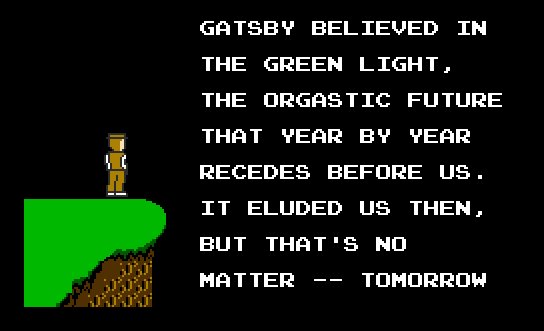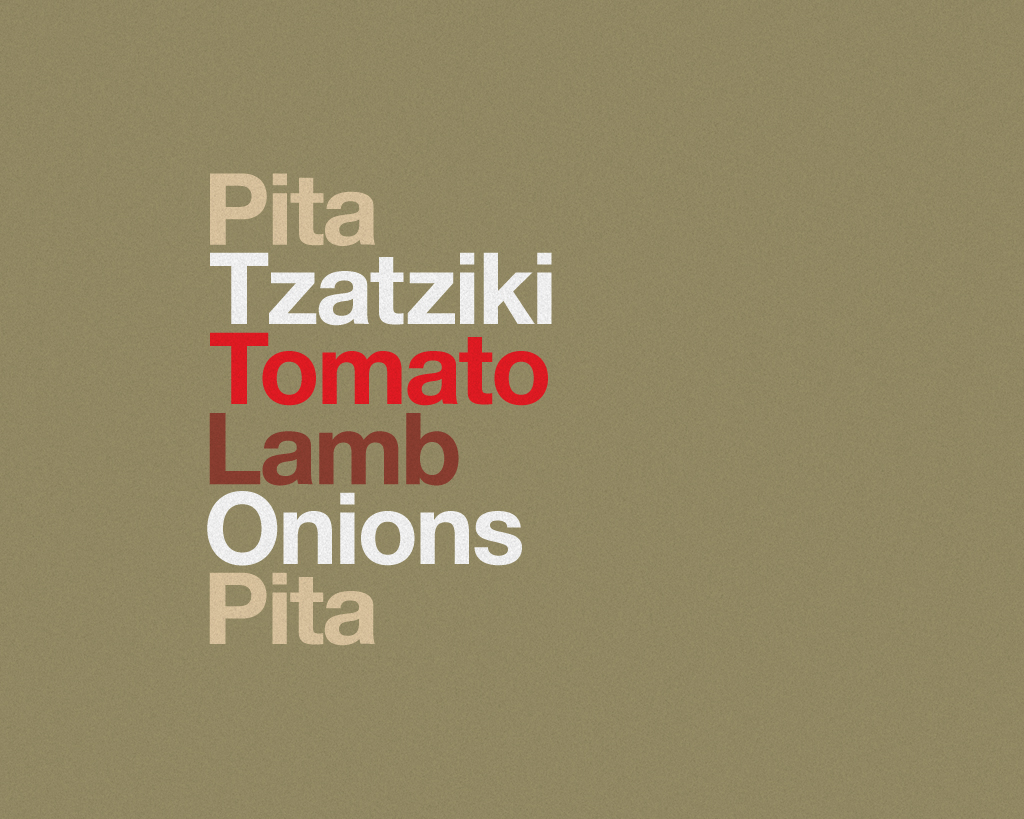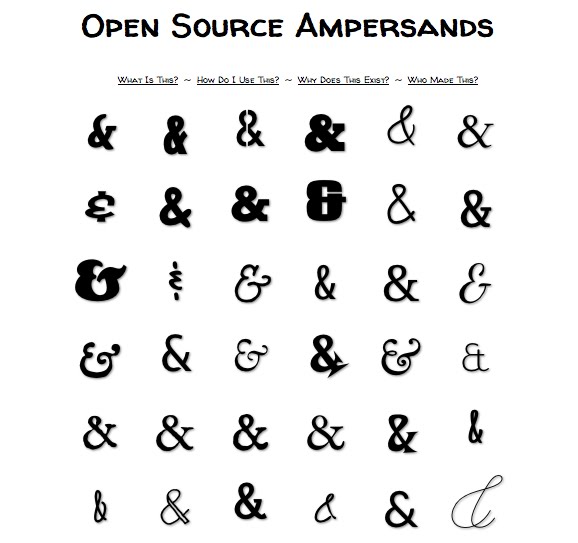I just wrote a massive post on Venn Theology about literary theory and the Bible. You should read it, and comment (it is 2,500 words). Because this is something I’ve spent most of the semester so far thinking about, and wanting to argue about, with people who are big on single purposes for books of the Bible, and single “implied readers”…
But here’s a little bit I thought was more generally interesting. I reckon a lot of the Bible is written to persuade, and I think there’s a natural comparison between the Bible and press releases – which shapes the way I approach questions of rhetorical purpose. From that post (which I’d love you to read and comment on):
I want to suggest that much of the Bible, particularly the historic and prophetic books of the Old Testament, and the gospels, are just like Press releases. The case is harder to make for the New Testament pastoral epistles, where specific intended readers are mentioned. But letters to church groups, because they naturally contain people of different status (both spiritually and socially) are, again, just like Press Releases.
Press releases are, by their nature:
- Intended for multiple audiences – the media, and the masses (through the conduit of the media). What you write in a press release needs to tick the right boxes for the journalist who’ll read it (because you send it to them), but it also has to have some sort of appeal to the final audience. In the case of my organisation press releases were put online for our members (financial supporters) and the public to read, sent to journalists, staff, politicians and board members.
- Factual, but subjective – press releases are a particular interpretation of the facts. It’s not the job of the press release writer to be objective. That’s the journalist’s job. Press releases come with bias.
- Persuasive for each intended reader – there’s not a whole lot of point writing a press release if you’re not trying to persuade somebody to respond in a certain way on the basis of the facts of the story. Press Releases aim to persuade each intended recipient – and often to persuade them to do different things. The journalist has to be persuaded to write a story, the end user (the reader) has to be persuaded to see things from your point of view and to act accordingly, the staff member of your organisation has to be persuaded to think (and speak) of the subject matter a particular way, the financial supporter has to be persuaded that your work is of value and that they should keep supporting it.
Those three elements become important when you set out to write a press release. Every line counts. But every line counts differently for different people. Joe Average may not care where the money for a project is coming from, but the small business who has given you $1,000 of their hard-earned wants to know that that cash is being put to good use. The Board of Directors don’t really care about how a project is going to effect an individual resident, but papers love that stuff. Because they like pictures and stories about people. But the one document is used to inform and persuade many readers, from many backgrounds. And that is wrapped up in the author’s intent. If the author writes with purpose. And I’d like to assume that the writers of the Bible fall into the category of writing with purpose. But I think our job is to assess each book of the Bible for a variety of purposes for a varied audience – not one purpose for one audience. Unless that purpose is specifically stated. But even then, it’s place in the canon suggests that God has different purposes for different people in different circumstances to the intended recipient. Right?
























